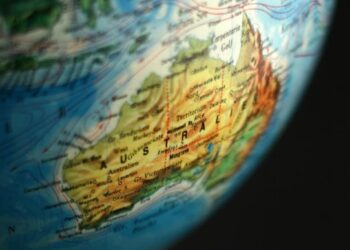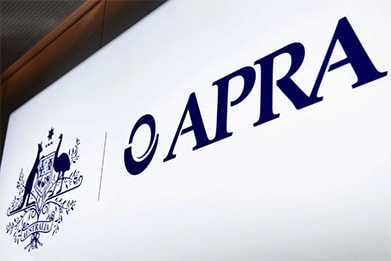CBA shrugs off share price decline to retain valuable brand ranking
Big four bank, the Commonwealth Bank of Australia (CBA), has been voted as Australia’s most valuable brand, reporting a 2 per cent increase over the year. According to data from Brand Finance, the firm said the big four bank reported a 2 per cent brand value increase during 2025 to reach $16 billion. Brand value was calculated based on factors such as marketing investment,...
Read moreDetails


















